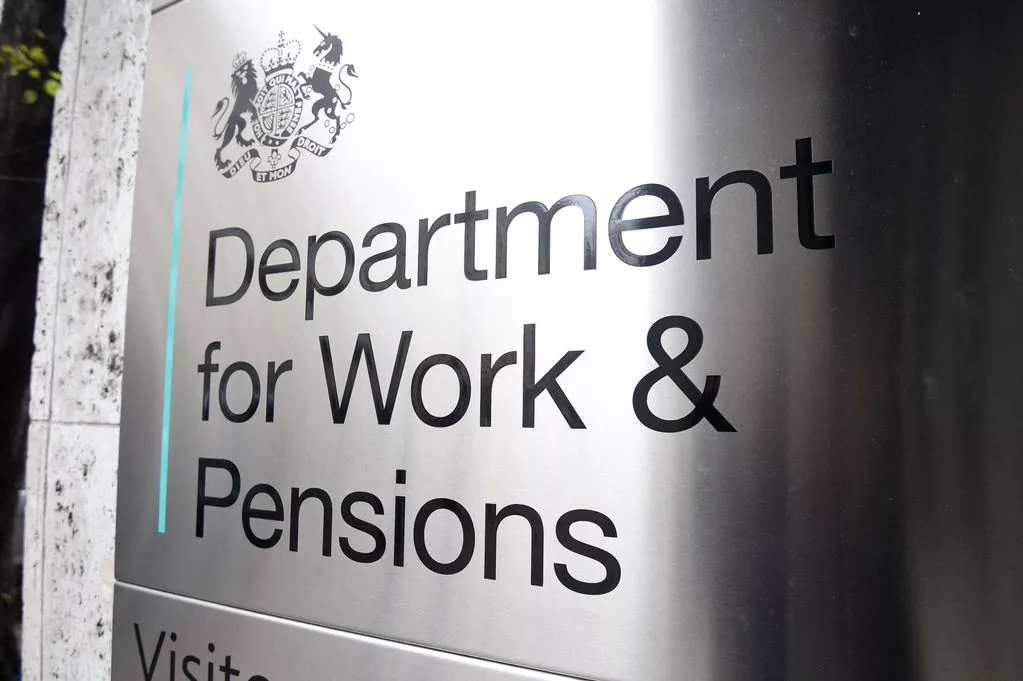The Department for Work and Pensions (DWP) has recently implemented significant changes to the Personal Independence Payment (PIP) system, affecting thousands of claimants across the UK. With new rules now in place, individuals receiving PIP can request a crucial document that may help assess their eligibility under these updated criteria. This move is part of a broader effort to streamline the benefits system and ensure that support reaches those who need it most.
The changes, announced in early April 2025, aim to provide greater transparency and fairness in the assessment process. As the cost of living continues to rise, these modifications are timely and critical for many who rely on PIP as a financial lifeline.

Understanding the New PIP Changes
The latest updates to the PIP system focus on revising the eligibility criteria and the assessment process. These changes are designed to address longstanding concerns about the fairness and accuracy of PIP evaluations. The DWP has introduced a new document that claimants can request, which details how their eligibility is determined under the new rules.
According to the DWP, this document will help claimants better understand the criteria used in their assessments, potentially reducing the number of appeals and disputes. “We want to ensure that our systems are as transparent as possible,” said a spokesperson from the DWP. “By providing this document, we aim to give claimants the information they need to feel confident in the fairness of their assessments.”
Impact on Current and Future Claimants
The changes are expected to impact both current PIP recipients and new applicants. Current claimants are encouraged to request the new document to reassess their eligibility under the updated criteria. This reassessment could lead to changes in the level of support they receive, either increasing, decreasing, or maintaining their current benefits.
For new applicants, the revised criteria present an opportunity to understand the requirements before submitting their claims. Experts suggest that this proactive approach could lead to a smoother application process and potentially higher success rates. “It’s crucial for claimants to be informed about what is expected,” said Sarah Thompson, a disability rights advocate. “The more information they have, the better prepared they will be to navigate the system.”
Expert Opinions on the PIP Reforms
The recent reforms have sparked a range of opinions among experts and advocacy groups. While some praise the DWP’s efforts to enhance transparency, others remain sceptical about the effectiveness of the changes. Critics argue that without substantial improvements in the assessment process itself, the new document may have limited impact.
“While providing more information is a step in the right direction, it doesn’t address the core issues within the assessment process,” commented Dr. James Carter, a social policy researcher. “We need to see real changes in how assessments are conducted to ensure that all claimants receive fair treatment.”
Navigating the New System: Tips for Claimants
For those navigating the updated PIP system, understanding the new rules is essential. Claimants should take the time to request and review the new document, ensuring they comprehend the eligibility criteria. Consulting with disability rights organisations can also provide valuable guidance and support.
It’s important for claimants to maintain thorough documentation of their medical conditions and how these impact their daily lives. This evidence can be crucial during assessments and appeals. Additionally, staying informed about further updates from the DWP will help claimants adjust to any future changes in the system.
Potential Long-Term Impacts
The long-term impact of these changes on the PIP system remains to be seen. If successful, the reforms could lead to a more efficient and equitable benefits system, reducing the burden on both claimants and the DWP. However, the effectiveness of these changes will ultimately depend on their implementation and the willingness of the DWP to continue refining the process based on feedback from claimants and advocacy groups.
As the cost of living continues to challenge many households, ensuring that financial support systems like PIP are accessible and fair is more important than ever. The recent changes represent a step towards this goal, but ongoing evaluation and adaptation will be key to meeting the needs of those who rely on these benefits.
In conclusion, the recent changes to the PIP system reflect a significant shift in how disability benefits are managed in the UK. By providing more transparency and potentially improving the assessment process, the DWP aims to create a fairer system for all claimants. As these changes take effect, claimants and advocates alike will be watching closely to see how the reforms impact the lives of those who depend on PIP.

